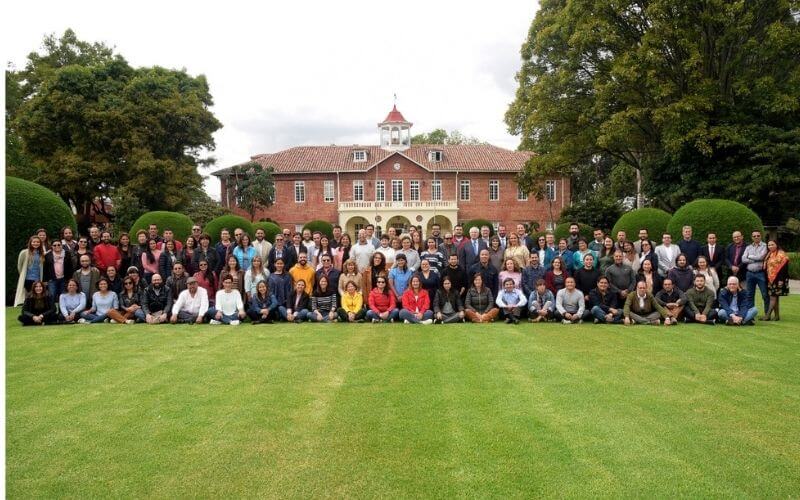Good teachers are the difference
Taking into account the Teacher’s Day, -which we celebrated last week-, it is a good time to reflect on the importance of the teachers in a society. Teachers have shaped the character of many societies and have been instrumental to understand ourselves, understand the world and our place in it.
Each and every one of us has had inspiring teachers in our lives who have taught us to refine our reasoning, improve the way we express ideas and, most importantly, teachers who have filled our hearts with joy. Many times they have been the first references in our lives. Let’s remember our childhood and how we used talk at home and to our family about the teachers and classes that we were passionate about. Sometimes we wanted to be like them and, in a way, they were life’s first heroes.
To become those first heroes, good teachers must prepare themselves, understand teaching strategies and methods, plan their classes, create an ideal environment for learning, promote dialogue with the students and, when possible, know how to make pupils understand what is intended to teach. All of this is very important, but it is not enough. A good teacher must be eager for knowledge every day to arrive with enthusiasm and joy to the classroom and share that with the students.
The good teacher awakens passions, builds life projects, is a maker of dreams, a guide on the arduous journey that one must travel, an example of life and vocation, builds the fundamental questions and motivates students to answer those questions.
In the art of teaching, as teacher Ernesto Bein -The Prof-, well respected principal among the school community, stated: “the good teacher makes difficult things easy”.
What do we do as a society to train good teachers?
This is a question that must be answered as a permanent priority. Offering a good training and giving them a privileged place in society will make possible to build the foundations of a better society, one that is ready to face the great challenges of the present. The problem is not to debate about the relevance or not of the rotation model. It is clear to everyone that the return of Colombian children to the classrooms is an issue that cannot be postponed any longer because their learning processes, their emotions, their mental health depend on that, and because we cannot delay their joy of being with their friends in those classrooms that they see as of their own and to be close to the teachers who inspire them.
Perhaps the problem to be solved is how to guarantee Colombian teachers the necessary conditions to be good teachers? How to ensure that men and women who exercise this beautiful profession can work in scenarios with the appropriate biosafety protocols?
Perhaps the best answers come from the Faculties of Education, and the Schools of teachers. Singapore and Finland understood it decades ago and their advancement is the result of their approach to education. Public and private education were aligned in this purpose. We urgently need that in our country, so that the need of quality education demanded by most of young Colombians is satisfied, otherwise frustration will continue to express itself in the streets.
Only good teachers can guide us through the path that leads to quality education and investment in this population group should be the fundamental issue if we want to consolidate our democracy. George Steiner said in his book Lessons from the Teachers, that the profession of the educator “comprises numerous typologies ranging from the soul-destroying pedagogue to the charismatic Teacher…” I hope we are able to understand that the classroom is the place where a good teacher can make what he or she does the best which is making the difference.
Sincerely,
Víctor Alberto Gómez Cusnir
Principal


